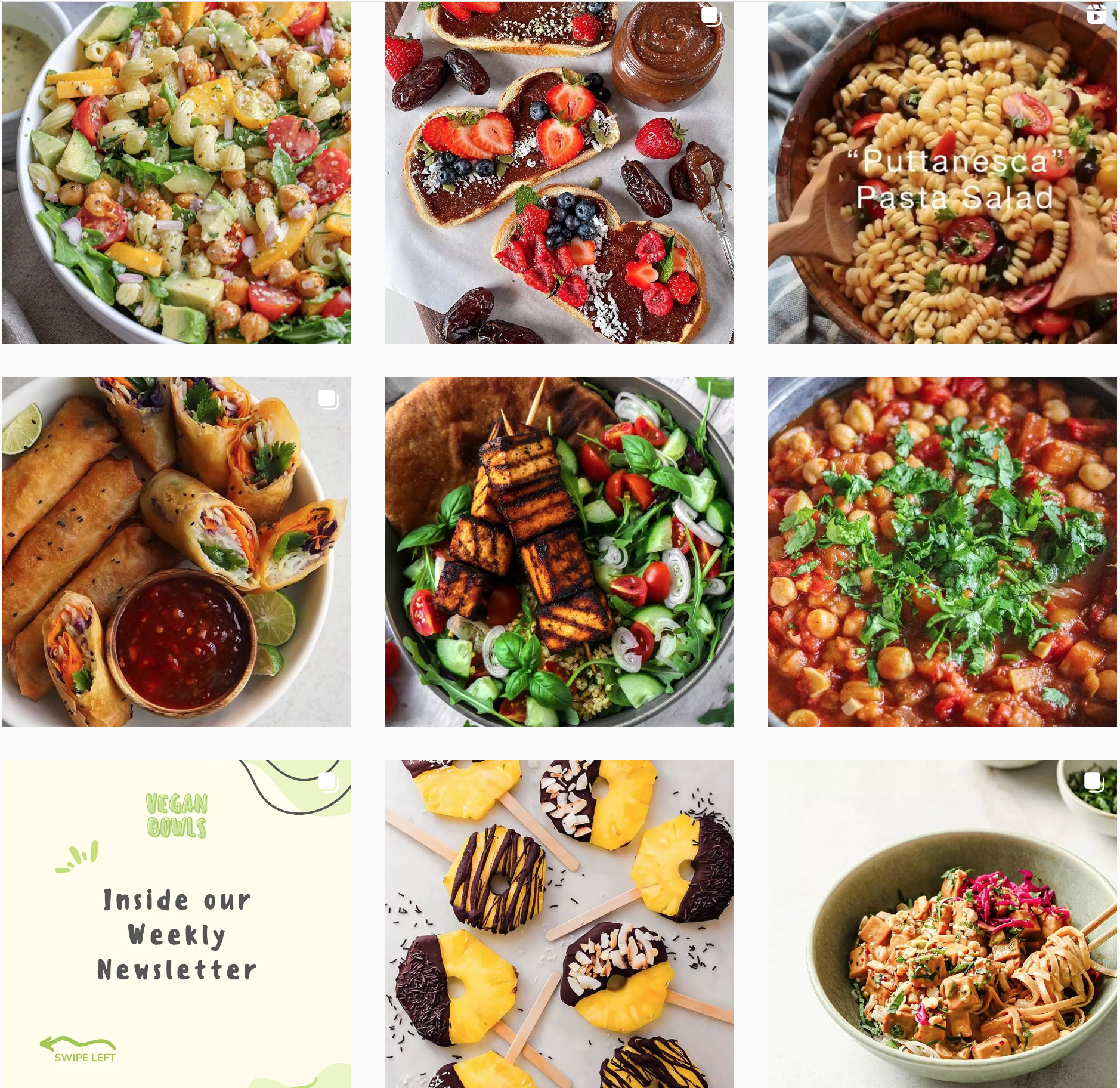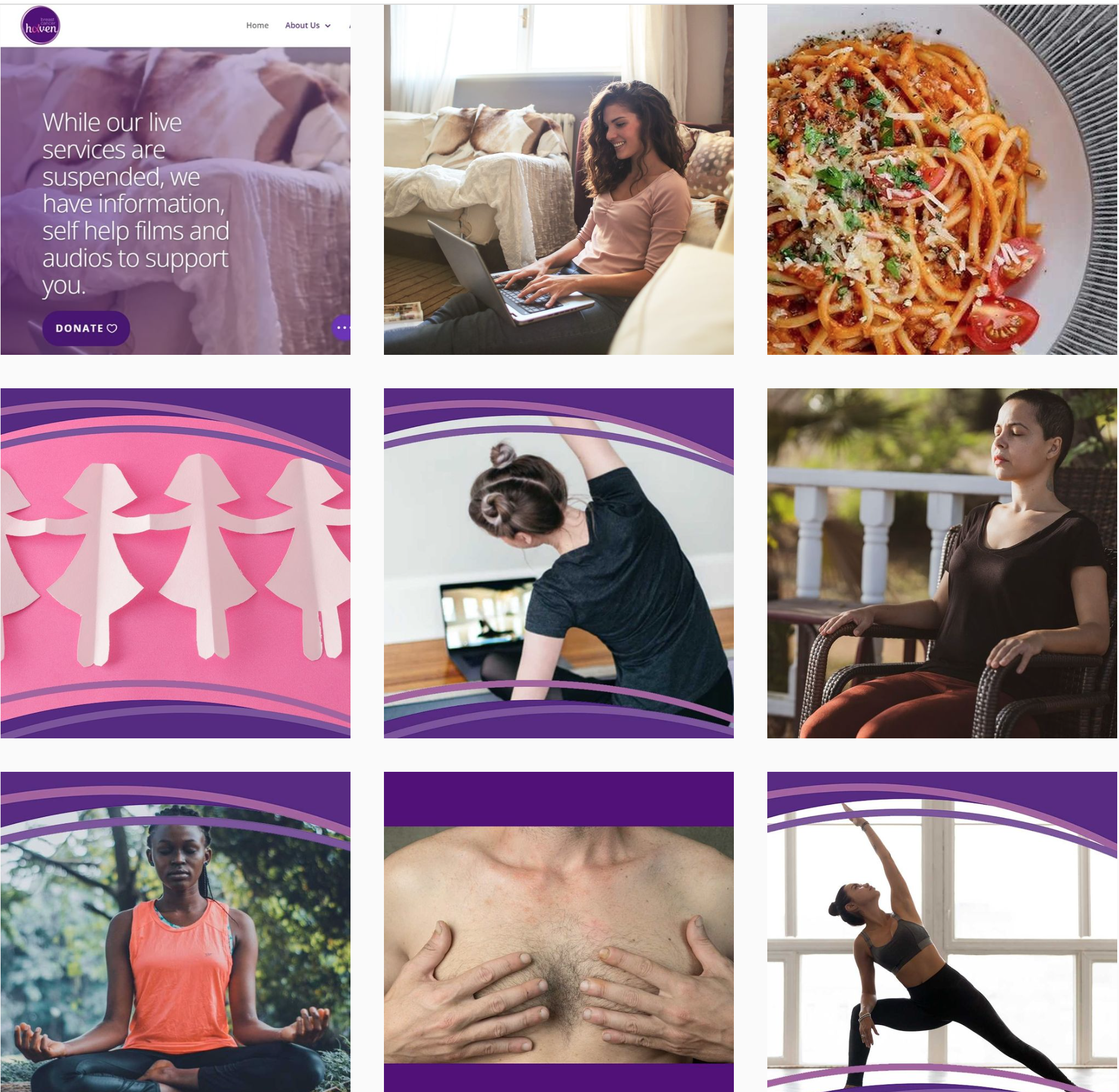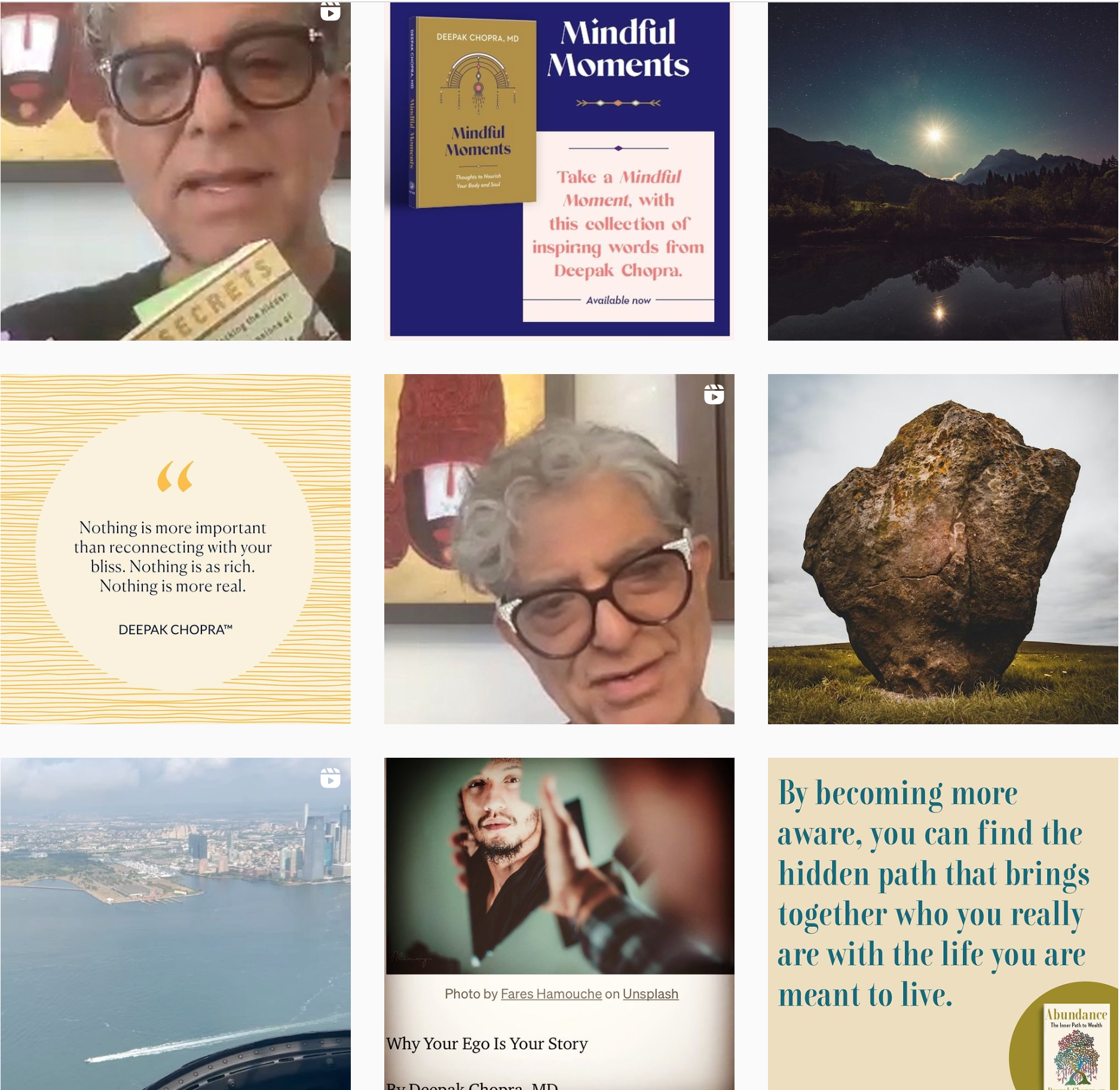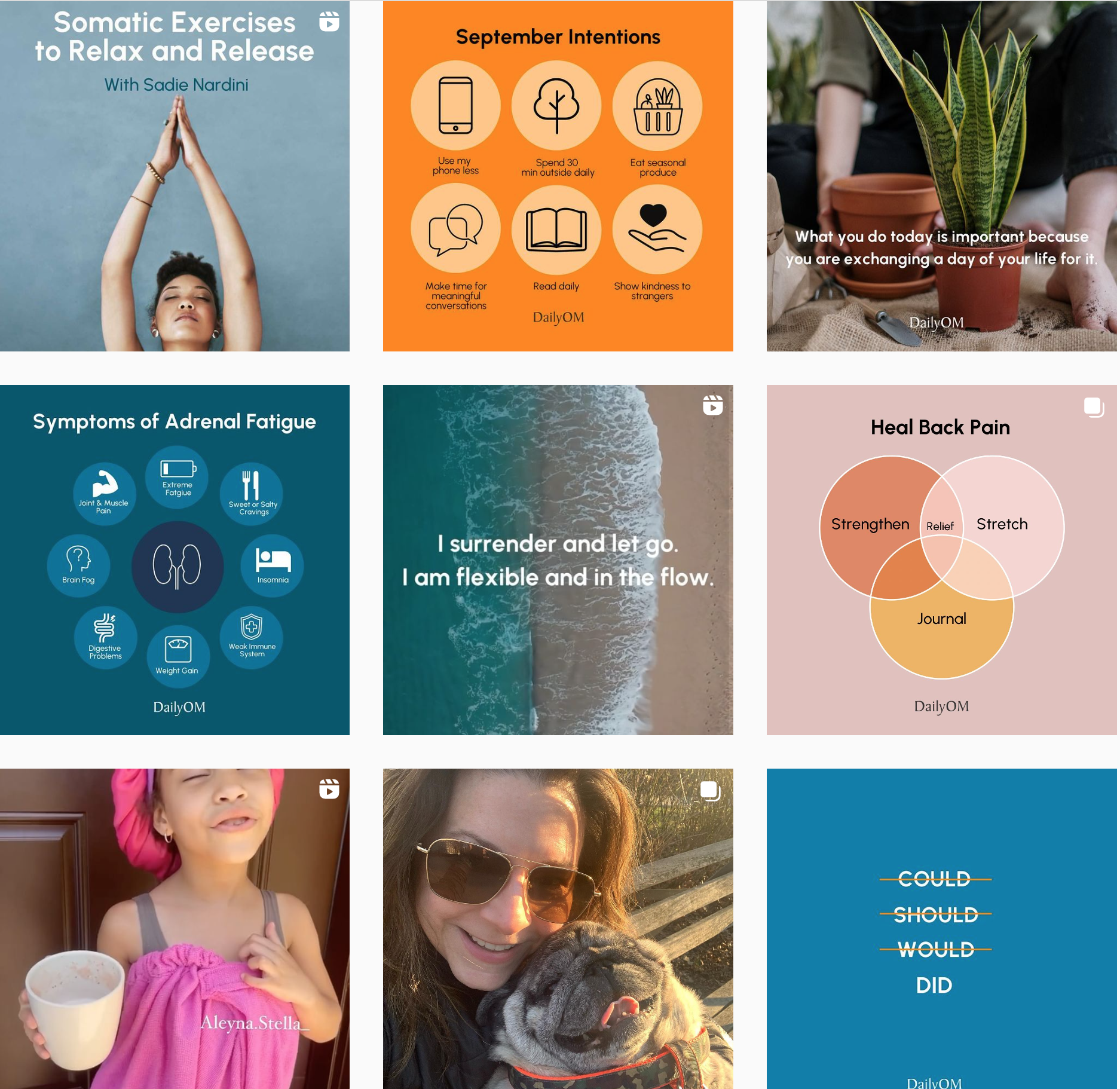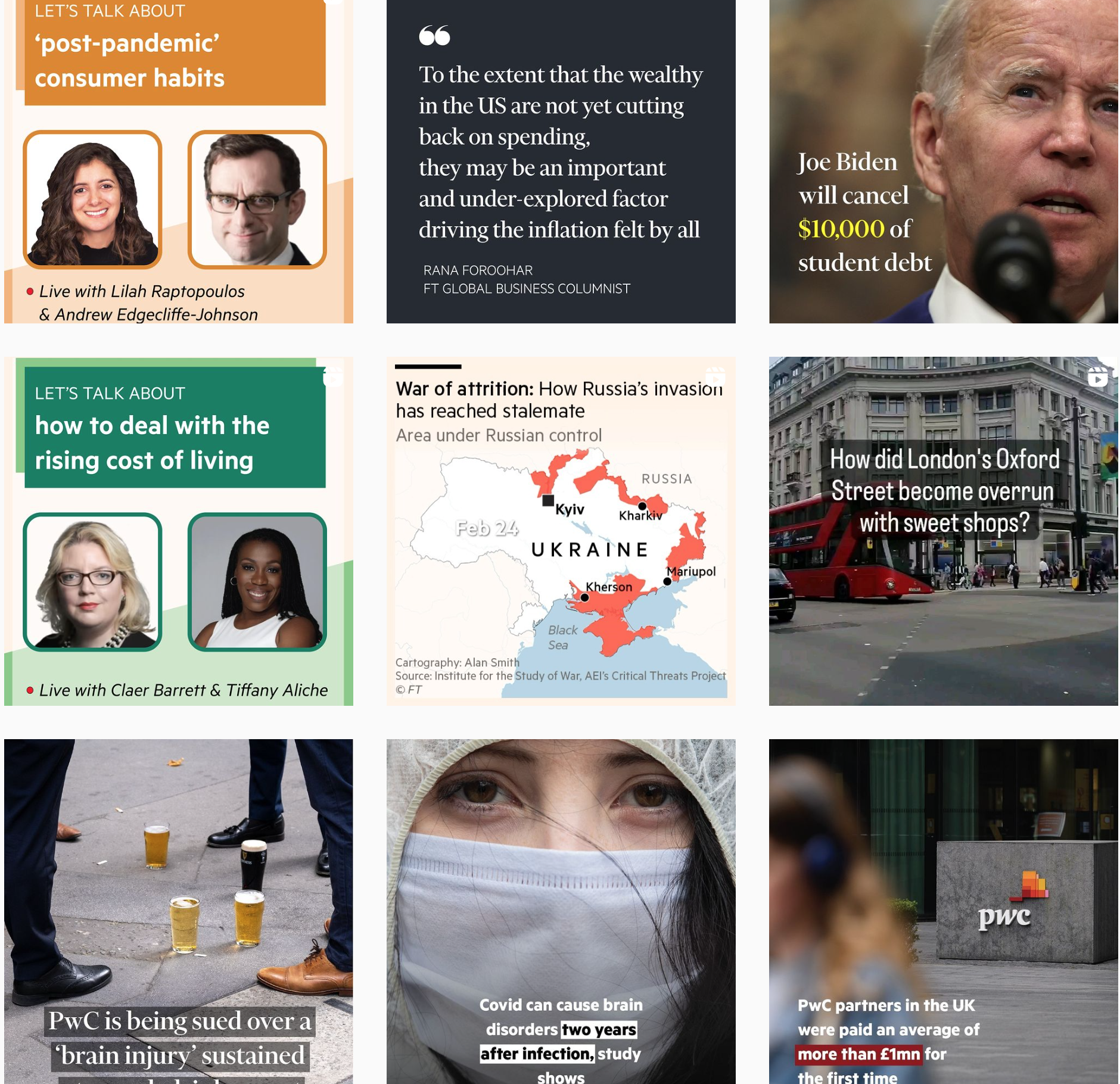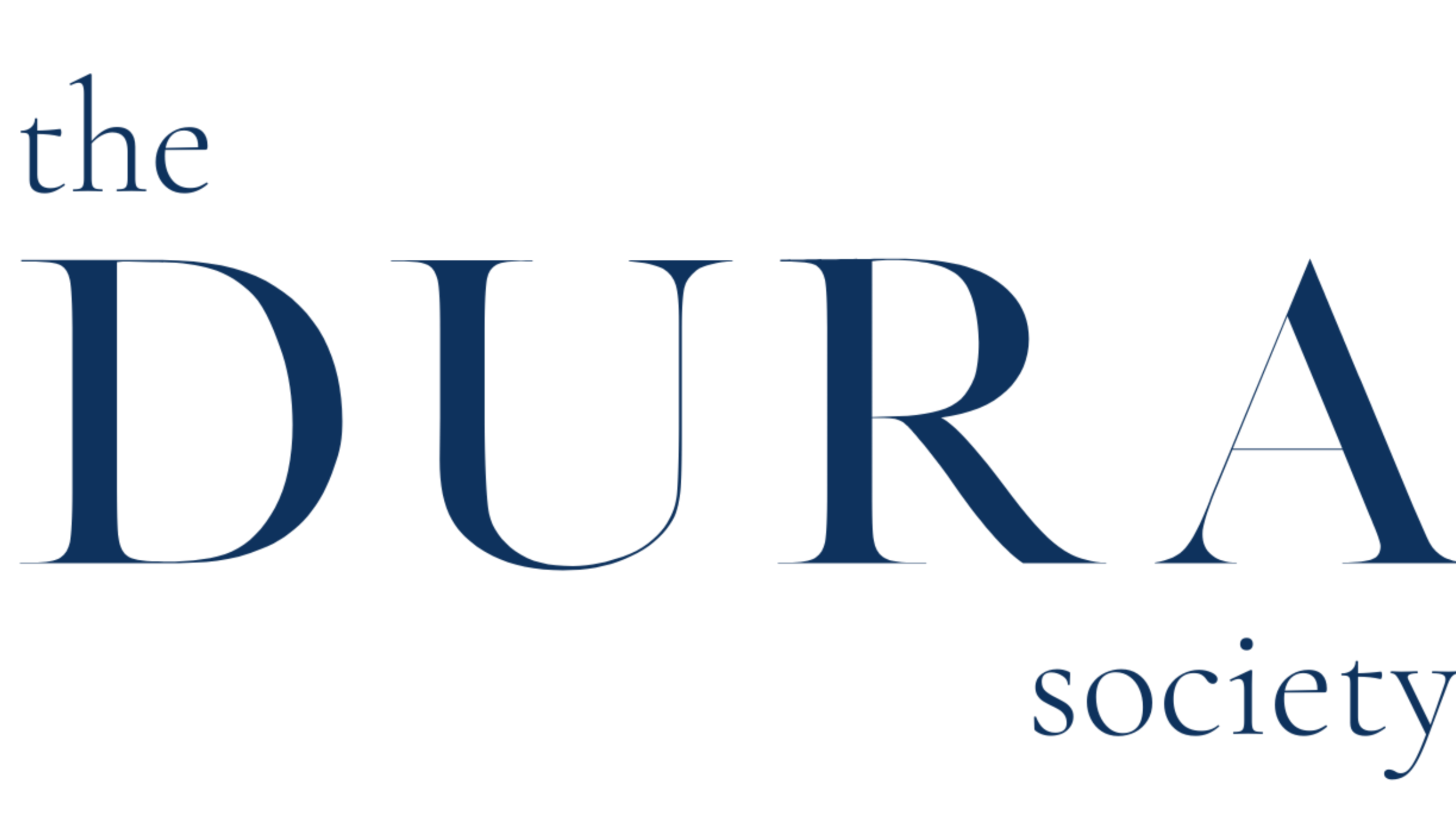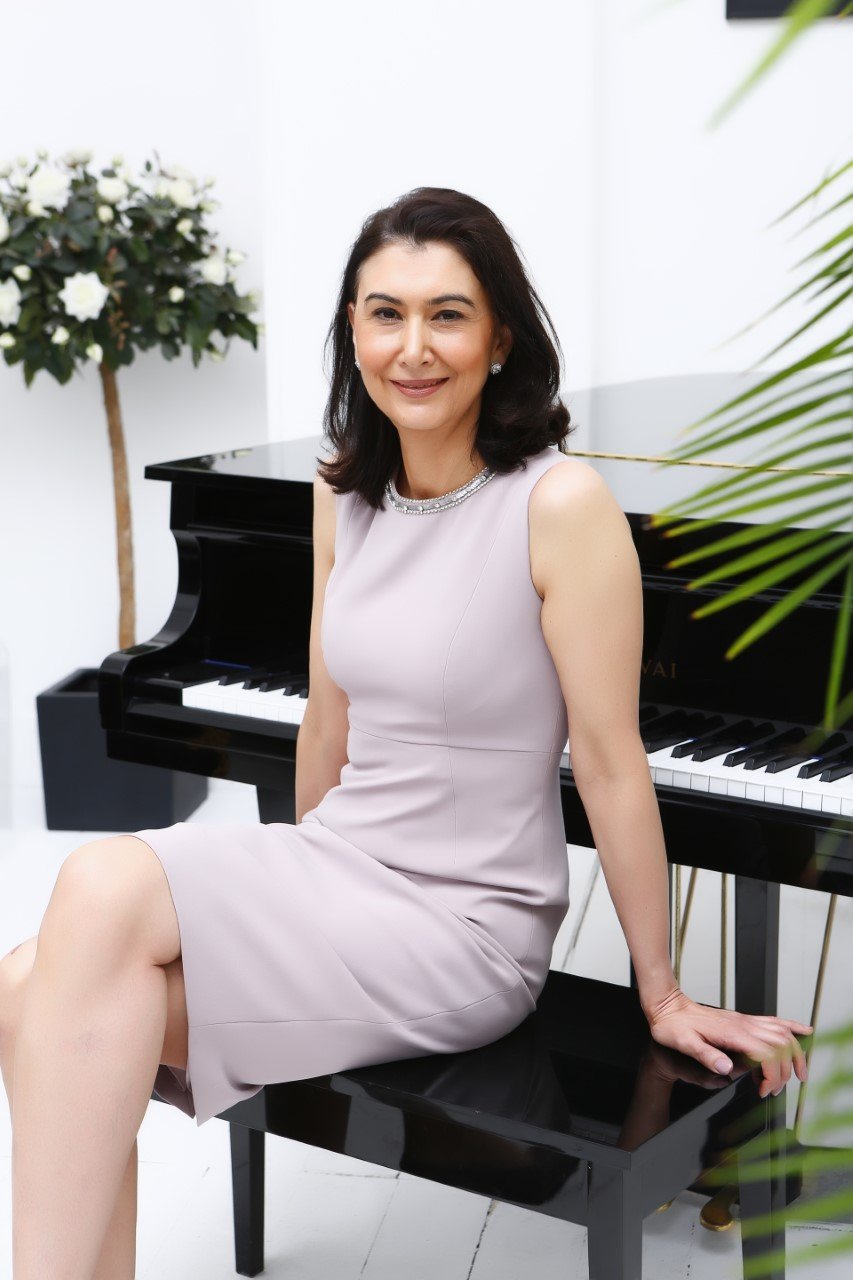Introducing Tania Adib, Gynaecologist, Menopausal Hormone Specialist and founder of Luminosa London
Meet Tania Adib, Gynaecologist, Menopausal Hormone Specialist and founder of Luminosa London.
Tania firmly believes that there is a lack of knowledge about the options available to women who have gynaecological issues that the public healthcare does not cater for, especially many of the problems experienced when going through the menopause, cancer treatments, and even childbirth. Most women just accept these as part of their lives, but they do not need to.
Luminosa London provide professional, friendly and welcoming approach that combines specialist gynaecological medical expertise and holistic health, with the wellbeing of women at the core. Many women experience changes to their gynaecologic health and often suffer in silence, affecting their personal relationships and quality of life as a consequence.
Join us as Tania shares her experience, words of wisdom and encouragement for women going through menopause and beyond.
website | instagram
“I spent many years working in the NHS as a gynaecological oncologist. Recently, I have been focussing on private clinic, Luminosa London so I can follow my interest in offering women with debilitating menopause symptoms, particularly vaginal dryness, prolapse and incontinence, the most innovative and effective hormonal and non-hormonal, non-surgical therapies. These include laser and radiofrequency treatments, but I also treat my patients holistically, offering advice on lifestyle, nutrition, supplements and stress management. Ultimately, I want women to really get the most out of their lives – there is no need to be held back by symptoms which can be treated and managed.”
Who are your typical clients?
As you might expect, menopausal women are a large part of my clientele. I also see a lot of women in the perimenopause – the time before the menopause when hormone levels start to fluctuate which occurs for many women in their 30s and 40s. Really, all kinds of women come to me – anyone who needs gynaecological care and their hormones rebalancing. That includes those suffering from polycystic ovary syndrome (PCOS) and premenstrual syndrome (PMS).
What drew you to specialise in gynaecological health and menopause and what have been the key steps to growing your practice?
The fact my background is in gynaecological oncology had a big part to do with my decision to specialise in this area. I also became involved with the charity Breast Cancer Haven and learned more about the side effects of the cancer treatments. Women who undergo cancer treatment, for both breast and gynaecological cancers experience significant and sudden side effects of the vaginal dryness and menopause. Unfortunately, although there are some very helpful initial treatments, not all are effective for everyone. As around 80% of all women will experience vaginal dryness after the menopause, there is a strong demand for these innovative treatments, which I believe is one reason why my practice has grown. I’m also fortunate to have a lot of ‘word of mouth’ referrals from my patients.
What do you want to see challenged about society’s approach to menopause?
People are discussing the menopause more – which is great. But I would really challenge the notion that a one-size approach is the way to go. It shouldn’t just be a case of giving the same hormones and dosage to every woman in her late 40s and or 50s. Different women have different needs and HRT needs to be tailored to the individual. A lot of women give up with HRT because they get side effects- sore breasts, irregular bleeding or feeling wired. The NICE guidelines say you don't need to do blood tests, you simply go only on symptoms which I don’t agree with as I like to know specific hormone levels. As well as measuring oestrogen levels, I look at testosterone and DHEA levels, both important hormones for energy, wellbeing, immunity, heart health and muscle strength.
What do you wish you had known before you started your practice in this specialist area?
Exactly how much women needed help. And I wish I had fully understood the full array of symptoms the menopause triggers. Like all doctors, I knew about the ones we are taught in medical school, the flushes and sweats, but there are, so there are so many ways in which the menopause manifests – itchy skin, palpitations, mood swings, joint problems, which can often be solved by hormone rebalancing.
What are your top 5 tips for someone who is experiencing menopausal symptoms?
You don’t have to suffer in silence – help is out there!
Too many women I see have been bravely soldiering on with debilitating symptoms for too long, especially with symptoms there is less awareness of, such as vaginal dryness.
2. If you get fobbed off seek a second opinion
Many women ask their doctors for help – and are then turned away. If you feel your doctor has not offered the help you need, get further advice.
3. Take up exercise
It's especially important to do the right exercise to keep the bones strong and avoid osteoporosis. Weight bearing exercise, such as dancing and running are good, but even walking can help. Use weights to strengthen the muscles, this increases the metabolic rate, helps reduce fat and supports weight loss, especially the “meno middle” weight gain around the abdomen. Cardio is important to keep the heart healthy. All of this bodywork boosts mood too!
4. Look after your body, with nutritious food
Women from China and Japan tend to suffer less with menopausal symptoms. It’s believed the healthier diet is behind this, so include oily fish, soy, green tea, fruit and vegetables in yours. Remember, alcohol and sugary foods will increase menopausal symptoms like palpitations and hot flushes.
5. Mindfulness is a brilliant help. Look into it!
Relaxation techniques can also reduce symptoms of the menopause, such as anxiety. Simply focusing on your breathing for five minutes can have a positive effect on how you feel. Just slow down and be present in yourself.
WEALTH
Describe your relationship with money and personal finance in three words?
Useful. Transformative. Empowering.
How do you define wealth?
For me, wealth is less about how much I’ve got in the bank, but how I feel physically, emotionally, mentally, and spiritually. I truly believe health and wellbeing is the most valuable aspect of anyone’s life. No matter how much money you have, if you are not happy and healthy, it’s meaningless.
What is the best financial decision you have ever made?
Establishing my own clinic and having control. When I worked for the NHS, I wasn’t able to offer my patients treatments that I know work, which was frustrating.
What did you learn about finance and money when you were growing up?
We came to the UK when I was very young, and I watched my parents, both immigrants, Mum from Germany and Dad from Iraq, build their lives here. My dad was also a doctor, and I witnessed his hard work and dedication to his patients. I learned what a gift it was to be able to make a living from helping others.
What is the best piece of financial advice you’ve ever received and what impact did this have on you?
I learned from colleagues that as a doctor you may have expertise in your field, but you can't do everything. Work with a good accountant and financial advisor.
What tools or systems do you use to manage and organise your personal finances?
I track everything, noting expenditure and anything incoming, so I keep all my finances in organised folders, which I can give to my finance team.
What is the biggest money lesson you learned through your professional career?
I would say do something you are passionate about and the money flows.
How often do you talk about money with your friends?
Interesting question! It’s not something I think of in terms of how many times I’ll discuss it, but it’s not a topic I avoid either. It’s more engrained in our conversations. Like a lot of women these days, I’m the head of the household, so discussions about mortgages and pensions and so on will happen when I get together with friends.
What was your first investment, and where is it now?
My first proper investment was really my training and spending money on developing my knowledge and expertise. Signing up to world leading conferences, which have enriched my knowledge of hormones and the menopause immeasurably and developed my expertise so that I can give world-class treatments.
What is your most valued possession?
My health.
Which area of finance do you wish you knew more about?
I’d love to know more about ethical investing.
WELLNESS
What do you do to relax?
Cooking healthy meals. We eat a mainly plant-based diet at home and I do enjoy cooking for my family. Also, I ensure I take enough time to exercise and incorporate a daily mindfulness practice into my life.
You work in a very challenging area – what are your favourite ways to take care of your own well-being?
Playing tennis and swimming helps me switch off. I do both regularly and I’m lucky to have facilities near where I live.
Do you have a mentor or inspirational figure that has guided or influenced you?
At the beginning of my career, I worked with Miss Clare Marx who became the first female president of the Royal College of Surgeons, so she was a real role model. When I was training, I read a book by Deepak Chopra called Quantum Healing: Exploring the Frontiers of Mind/Body Medicine which I found really inspiring. It explains the interplay between scientific evidence and less tangible aspects such as consciousness in explaining health and illness.
What is the most rewarding part of your job?
Making women feel fabulous!
What was your first job?
I’ve always been a doctor. I first worked at St Mary’s Hospital in London as a House Officer for Dame Clare Marx, doing a 1 in 2 on call (every other night on call in the hospital).
What’s next for you? Where do you see yourself and your company in 10 years’ time?
The next step is developing Luminosa London and let women know help is at hand. In 10 years’ time, we'd love to have other branches in other cities and other countries in the world so we can help more women.
What are you currently reading and listening to?
I’m reading When the Body Says No by Gabor Maté. He talks about the emotional, psychological aspect of cancer and illnesses. I really do believe that there is not just one cause of illness, it’s not simply a gene mutation. There are so many factors that cause illness. We need to understand when people heal that it's not just a medication. We need to look at the whole person to help them get better completely.
Top 5 Instagram accounts to follow:
